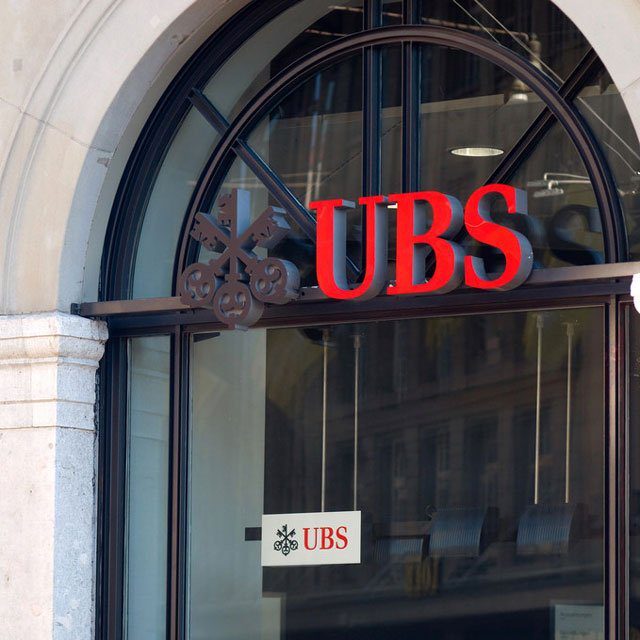UBS-Wealthfront Deal, Now Canceled, Was Puzzling From the Start, Techies Say

“There were early signs this wasn’t a great deal,” Iskowitz said in a LinkedIn post on Monday.
For example, “Wealthfront had been shopped to a number of other potential suitors (including RBC and other wirehouses) before UBS agreed to buy them,” he wrote. “And while the headlines proclaimed they paid $1.4 billion, it was actually only $700 million in cash with another $700 million in incentives only if revenue objectives were met.”
That, however, still meant “UBS was paying around 10X revenue, which is NUTS considering that SoFi paid 10X for Galileo, Stripe’s last funding round was at 10X and Intuit snagged Credit Karma for only 7X,” Iskowitz noted.
Additionally, “Wealthfront has no differentiating technology, no special sauce or moat protecting their revenue (except inertia) and only 400K clients, which is a drop in the bucket for B2C providers,” Iskowitz said, pointing out mobile apps such as Acorns, Stash and MoneyLion had over 4 million clients each.
Andy Rachleff, Wealthfront executive chairman (and previously its CEO and president), had been pivoting “like crazy to try reach scale including high-interest saving accounts, retail banking and cryptocurrency [but] none of these got much traction,” according to Iskowitz.
Meanwhile, “Rachleff was trashing the banking industry, saying that they were going to lose 50 million customers over the next decade, which Wealthfront was targeting,” Iskowitz said. “Then he up and sells his company to one of the biggest banks in the world. The promise of a big payday can make people do or say almost anything, no matter how crazy.”
Iskowitz added: “Now that this deal has been thrown on the dung heap of fintech history, hopefully someone involved will spill the beans on exactly what went on behind the scenes. It’s got to be a wild story.”
Joel Bruckenstein, publisher of the Technology Tools for Today Technology Hub and producer of the annual T3 Conference, responded to Iskowitz, saying: “I agree that the culture clash and the valuation made no sense from the outset. I guess UBS came to the same conclusions a bit belatedly.”
What Went Wrong?
In a tweet on Friday, Eric Balchunas, senior ETF analyst at Bloomberg Intelligence, noted that there were “very little details given” by UBS or Wealthfront in their press release that day, so it was “not clear what exactly went wrong.”
In response, Rick Ferri, CEO and founder of Ferri Investment Solutions, tweeted: “My take on the deal was UBS wanted a direct indexing business and WF had one. It was a hot market for direct indexing and ESG a year ago [but] not anymore.”
(Photo: Shutterstock)




